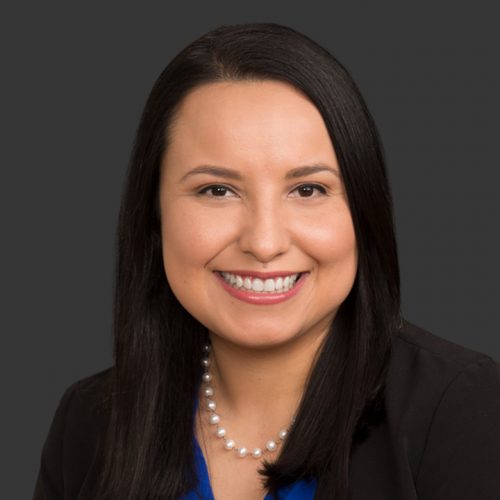 “Our time is now,” says Sylvia Guinan, financial advisor with Wells Fargo Advisors, in encouraging women to consider a career in the financial services industry.
“Our time is now,” says Sylvia Guinan, financial advisor with Wells Fargo Advisors, in encouraging women to consider a career in the financial services industry.
It is incredibly rewarding to help individuals feel a sense of clarity, confidence and control over their investments and more importantly their future. “Years ago, the industry might have been all about stocks and performance, and while that’s still important, now everything is much more holistic. Client’s dreams, goals and fears are what drive the investment process. Women are skilled at connecting and getting people to talk about what is most meaningful to them, as well as what their fears and concerns are, which makes them excellent financial advisors,” she says.
While the number one cause of chronic stress among adults is finances, she finds that the truth is that when you dig deeper, most people are not concerned just about what they’re investing in, but how their finances can work for them by supporting them and their future plans.
A Focus on Providing Solace During Divorce
Guinan began her career at Smith Barney in New York, focusing on this type of holistic investment planning, which has always been the core of her business. She moved to Wells Fargo Advisors in 2009, where she was able to continue that commitment to ensuring each of her clients has a solid plan driving their investment decisions. “I feel fortunate that I’ve always loved what I do, and what creates that satisfaction is my long-term, meaningful connection with the clients; you almost become family because you’re one of the first phone calls when something exciting happens or when they have a need.”
Over the past several years, Guinan has created a niche practice, with nearly 70 percent of her clients being women in transition – divorce, widowhood or financial changes. She has earned her designation as a Certified Divorce Financial Analyst (CDFA®) and has built a strong rapport with divorce attorneys, mediators, accountants, psychologists and therapists. Most recently, she has teamed up with a prominent attorney in New London, CT, for what they call “Second Saturday” events, where they deliver a presentation aimed at giving advice to these clients as they begin to explore the beginning process of their transition, and have received an excellent response.
“I’ve always wanted to make a difference, and here I am able to work with women going through the most difficult times of their lives and give them hope and a new perspective as they move forward. We aim to offer them clarity around their proposed settlements, confidence by showing them where they stand by illustrating it in their investment plan and a sense of control as they start to rewrite their new chapter.”
Her confidence in exploring this area comes from lessons she has learned over the years including that if you are authentic, you will attract clients with whom you connect. Previously, she had assumed you had to emulate what a man might be like – more subdued. However, as Guinan has transitioned to being her ‘real self,’ she discovered that she is attracting clients with whom she find a good fit.
She advises younger professionals to connect with clients who are aligned with their process and to be selective when onboarding new clients. “I still have a great majority of clients with whom I started my practice, and my assistant and I have noticed that our success has come from working with like-minded clients, where it becomes reciprocal and they want to welcome you inter their inner circle by referring their family and friends. But it’s important to spend time upfront having the ‘fit’ meeting since you can’t be all things to all people,” Guinan says. Not only is the new prospective client interviewing you, you are also interviewing them to see if they are a good fit.
Finding Balance in Circles of Support
One important support system she has found through Wells Fargo Advisors is the annual Women’s Summit that gathers advisors from around the country for collaboration and vision sharing. She went the first year she joined the firm and hasn’t missed one since.
Sylvia obtained the firm’s DELTA designation, which is a high-end practice management coaching program that Wells Fargo offers their advisors. Upon completing the 19 modules with firm trained coaches, Sylvia became fully implemented and attends their annual meeting. She is also in a DELTA peer group she and seven other advisors started to support each other and share best practices. Sylvia said DELTA is by far the best training she has ever received.
Additionally she feels revived being with her three children. Living across the street from the beach, they enjoy being near the water and reveling in the beauty of the sunsets.
The family also enjoys traveling and have been to Puerto Rico, St. Martin, St. Thomas and Cuba, among other locations. She has a tradition when each of her kids turns 15 in which they do a one-on-one trip; so far, she has been to the Bahamas with her son and Bali with one daughter.
She also faithfully practices yoga, which she calls “meditation in motion,” allowing her to clear her head and ‘fill her cup’ so she can be more present when she is with clients, family and friends. “It trains you to release distractions and go with the flow, which helps me be more observant,” Guinan says, adding that she particularly appreciates the practice of ending every session with “Namaste,” which means “the light in me honors the light in you.”
“It’s a beautiful message that I hope I am able to convey in all my relationships, especially in this day and age,” she says.
Investment and Insurance Products: NOT FDIC Insured / NO Bank Guarantee / MAY Lose Value


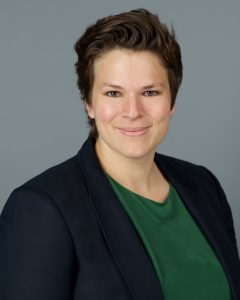 By Cathie Ericson
By Cathie Ericson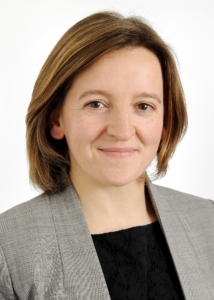 by Cathie Ericson
by Cathie Ericson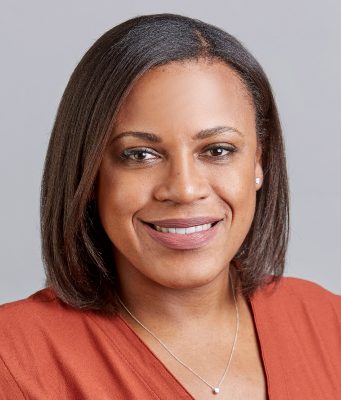 For PwC’s Jeanelle Johnson, it’s the experiences gained from taking on new challenges and living overseas which have made her career path so rewarding.
For PwC’s Jeanelle Johnson, it’s the experiences gained from taking on new challenges and living overseas which have made her career path so rewarding.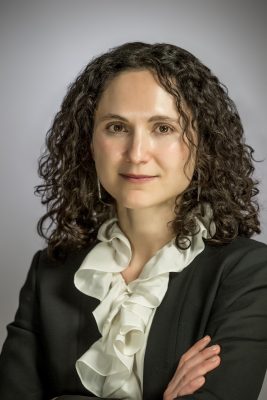 Inna Jackson’s biggest learning moment came immediately after completing a very large and intense project—one that didn’t pan out the way she had envisioned, an unexpected outcome given her successful career to date.
Inna Jackson’s biggest learning moment came immediately after completing a very large and intense project—one that didn’t pan out the way she had envisioned, an unexpected outcome given her successful career to date.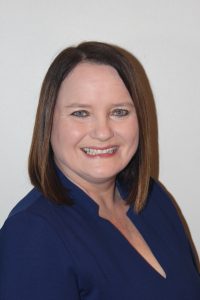 Having served in customer-facing roles for more than 20 years, WEX’s Clare Murphy has learned an important truth.
Having served in customer-facing roles for more than 20 years, WEX’s Clare Murphy has learned an important truth.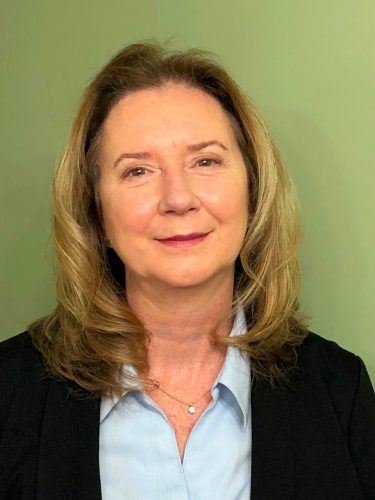 WEX’ Carolyn Fitzpatrick encourages professionals to accept offers of assistance with networking or career guidance because it’s offered as a gift….both to the giver and recipient.
WEX’ Carolyn Fitzpatrick encourages professionals to accept offers of assistance with networking or career guidance because it’s offered as a gift….both to the giver and recipient.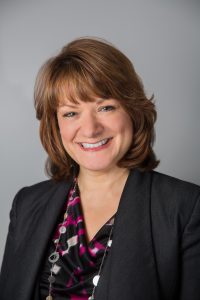 Never underestimate the power of a great conversation, says WEX’ Jodi-ann Johnson.
Never underestimate the power of a great conversation, says WEX’ Jodi-ann Johnson.